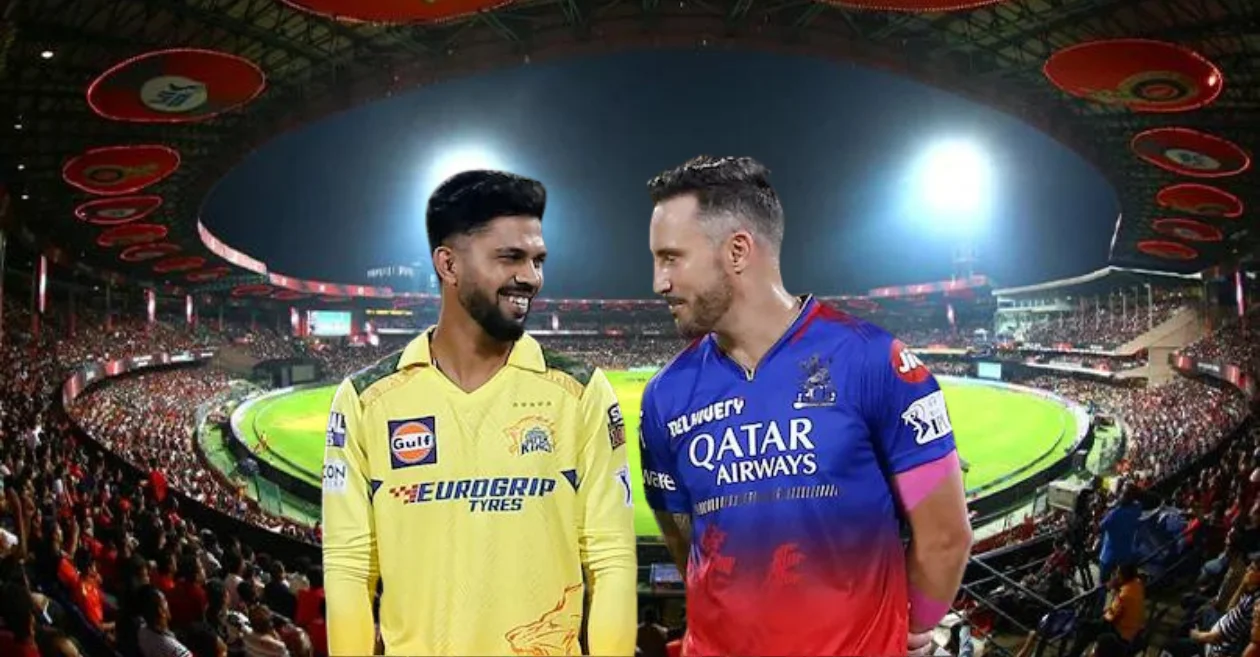
NFL free agency week kicks off on Monday at noon.
At 4 p.m. ET on Wednesday, March 13, the NFL will close the book on the 2023 season and flip the calendar to the next year. While that date marks the official start of free agency, there will be a lot of action beforehand as well.
As has been the case every season since 2013, the start of that new league year as well as free agency are preceded by the so-called legal tampering period. But what is it exactly? And how does it affect the New England Patriots and the league as a whole?
Below you will find the most pressing questions, and some answers that might help you understand what will or will not happen between noon on Monday and 3:59 p.m. on Wednesday.
What is the legal tampering window?
In 2013, the NFL wanted to crack down on pre-free agency tampering by introducing the legal tampering period. In its essence, it is a 52-hour window during which all pending unrestricted free agents are allowed to enter preliminary contract negotiations with clubs all over the league. Previously, they were only allowed to talk to their own teams until the start of free agency.
The legal tampering window opens today at 12 p.m. ET and closes again when free agency and the new NFL league year start on Wednesday at 4 p.m. ET.
What does legal tampering mean for the NFL?
Per a league office memo sent to the clubs in March 2013, teams can enter talks with upcoming free agents within the window but are only allowed to outline the parameters of a potential contract and not make any official offers or host any player visits.
The NFL memo explained all that as follows:
[P]rior to the beginning of the new League Year it is impermissible for a club to enter into an agreement of any kind, express or implied, oral or written, or promises, undertakings, representations, commitments, inducements, assurances of intent or understandings of any kind concerning the terms or conditions of employment offered to, or to be offered to, any prospective Unrestricted Free Agent for inclusion in a Player Contract after the start of the new League Year.
Contracts agreed upon during the legal tampering period cannot officially be signed until Wednesday, when free agency begins. Once they are signed, they also will impact the salary cap. Of course, every club needs to be under the $255.4 million cap at the start of the new league year; only the 51 most expensive contracts are factoring into that equation, though.
As far as trades are concerned, they can already be agreed upon as well — see the Patriots’ move to send quarterback Mac Jones to the Jacksonville Jaguars. Just like free agency contracts, though, they will not be made official before 4 p.m. ET on Wednesday.
Does the league really enforce its tampering rules?
While teams are not allowed to talk with other teams’ upcoming free agents before the legal tampering window, there are some questions about how strictly the NFL enforces its own rules. Patriots offensive tackle Trent Brown is a good example of that: back in 2019, when he first entered free agency off a successful season in New England, he agreed to a record-breaking deal with the Las Vegas Raiders just nine minutes into the tampering period.
Considering that NFL contracts have dozens of pages that cover everything from signing bonuses to injury stipulations, this would have been an impressive feature. However, it seems more likely that the contract was already worked on and basically finalized before the legal tampering window opened.
While the NFL’s legal tampering period is therefore a fine theoretical idea, it also is one that appears to have little actual meaning to the clubs. While contracts still cannot be officially signed until the start of the new league year, the scramble for the best players about to hit the market does not suddenly start at noon on Monday when clubs are permitted to start negotiating with free agents to be.
For years, the NFL Scouting Combine was therefore seen as the unofficial start of free agency: team officials and agents all gather in Indianapolis for one week, and to think that no business will be discussed is somewhat naive. Preliminary discussions are still common practice — one the league apparently does tolerate, to a degree.
Gross cases of tampering are still punished from time to time, however. Two recent examples actually involve the Patriots.
Back in 2015, the New York Jets were found guilty of tampering with Patriots cornerback Darrelle Revis before signing him. They were fined $100,000. In 2022, meanwhile, the Miami Dolphins were slapped with a massive fine: they had to forfeit first- and third-round draft picks, among other penalties, for tampering with then-Patriots quarterback Tom Brady and then-New Orleans Saints head coach Sean Payton.
What does legal tampering mean for the Patriots?
The Patriots decided to use the transition tag to keep one of their unrestricted free agents, safety Kyle Dugger, form the open market. The other as-of-yet-unsigned FAs are subject to legal tampering. This means that Monday marks the first official day they can start negotiating with clubs other than New England.
As a look at our Patriots Free Agency Tracker shows, the following players qualify due to their UFA status:
TE Pharaoh Brown: Profile
OT Trent Brown: Profile
CB Myles Bryant: Profile
ST Cody Davis: Profile
RB Ezekiel Elliott: Profile
TE Mike Gesicki: Profile
ED Anfernee Jennings: Profile
S Jalen Mills: Profile
OL Michael Onwenu: Profile
WR Jalen Reagor: Profile
OT Riley Reiff: Profile
ED Josh Uche: Profile
LB Mack Wilson Sr: Profile
The biggest name on Patriots’ list of remaining unrestricted free agents is offensive lineman Michael Onwenu. An experienced starter at both guard spots and at right tackle, Onwenu is one of the marquee free agents along the O-line this offseason. His market is expected to be robust after New England decided to tag Kyle Dugger rather than him.
What that market will look like remains to be seen. What we do know, however, is that all of the players listed here will get a feel for their value over the next few days. As a result, negotiations with New England might intensify as well.
What does legal tampering mean for non-unrestricted free agents?
While unrestricted free agents are allowed to enter early negotiations today, restricted and exclusive rights players are still only eligible to talk to the teams currently holding their rights. They only can start meeting other teams if not tendered by Wednesday 3:59 p.m. ET; at that point, they would join the open market as well and thus fall into the same category as the UFAs listed above.
After already re-signing the likes of Alex Austin, Nathan Rourke, and Tyrone Wheatley Jr. —a all of them exclusive rights players — New England has three remaining in those categories:
Restricted free agents can be tendered at one of four levels, with the lowest — the right of first refusal — coming in at $2.985 million. It seems highly unlikely the Patriots will use even that one on Terez Hall. Elliss and Nixon, meanwhile, appear to have a higher likelihood of returning to New England via their applicable tenders.















You must be logged in to post a comment Login